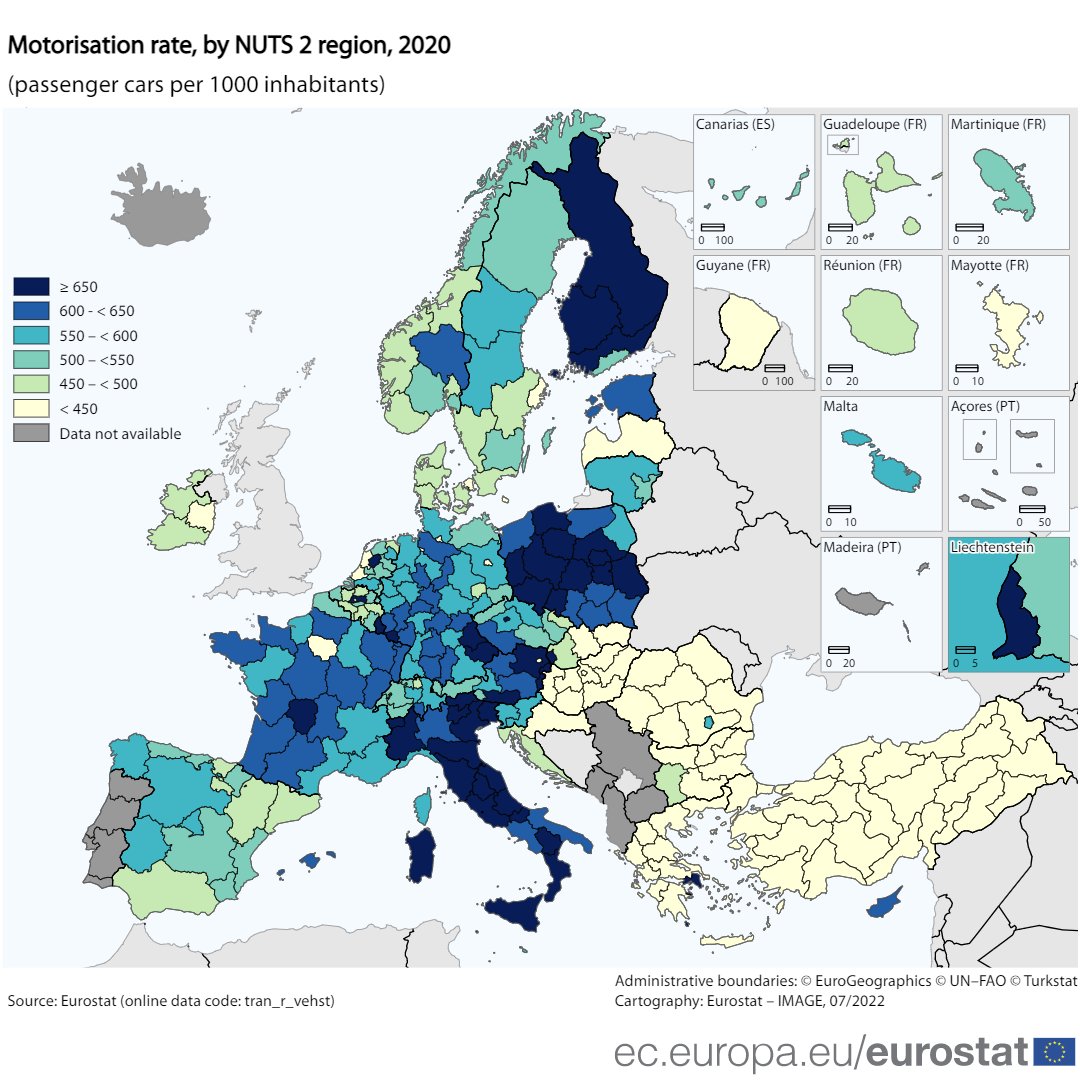Good summary of how Germany got to introduce a (slightly) cheaper nationwide public transport season ticket #Deutschlandticket : more by accident, as a result of a tit-for-that between litigious coalition parties, than as part of some visionary plan
https://twitter.com/Perowinger94/status/1652959013925969920
This sort of measures tend to divide transport experts - no clear consensus here! Here a critical take from public transport research, which I think makes some good points
https://twitter.com/pneumannberlin/status/1652549420188139522?t=zN6iazzuFQGWfW0WyVbNSw&s=19
Here another take
https://twitter.com/zukunftmobil/status/1652794966165401600?t=zN6iazzuFQGWfW0WyVbNSw&s=19
Personally I don't have a firm view on the measure as a whole. But I wouldn't expect a substantial effect in terms of *car use / CO2 reduction*. I am prepared to accept that there might still be *other* good reasons for it though
https://twitter.com/giulio_mattioli/status/1651875655527612417?t=zN6iazzuFQGWfW0WyVbNSw&s=19
• • •
Missing some Tweet in this thread? You can try to
force a refresh

 Read on Twitter
Read on Twitter










